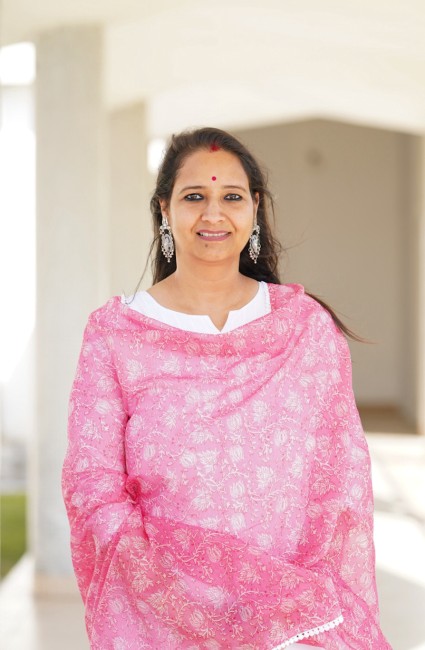– Himani Sharma, PGT English, Ecole Globale International Girls’ School, Dehradun
The concept of an open book system in education has gained traction globally, challenging traditional methods of assessment and learning. In the context of the Central Board of Secondary Education (CBSE) in India, the debate surrounding the implementation of an open book system is multifaceted, with proponents and sceptics alike. While it presents opportunities for fostering critical thinking and practical application of knowledge, it also raises concerns regarding the integrity of assessments and the overall efficacy of the education system.
Advantages
1. Promotes Critical Thinking: The open book system encourages students to comprehend and analyse information rather than memorise it. It prioritises understanding over rote learning, fostering critical thinking skills essential for higher education and professional life.
2. Real-world Application: In a rapidly changing world, the ability to access and apply information effectively is paramount. Open book assessments mimic real-world scenarios, where individuals have resources at their disposal to solve problems, make decisions, and innovate.
3. Reduces Stress: Traditional exams often induce high levels of stress among students, leading to memorisation-focused studying and superficial learning. The open book system can alleviate this pressure by focusing on comprehension and application rather than memorisation.
4. Encourages Collaboration: Collaborative learning is encouraged in an open book system as students are allowed to refer to various resources. This fosters teamwork, communication skills, and the exchange of ideas, preparing students for collaborative environments in the workforce.
Challenges
1. Risk of Dependence: The common concern is that students may become overly reliant on reference materials, neglecting to develop a strong foundational understanding of the subject matter. Over-reliance on resources may hinder independent thinking and problem-solving skills.
2. Assessment Integrity: Ensuring the integrity of assessments becomes more challenging in an open book system. Measures must be in place to prevent cheating and plagiarism while still allowing students to access resources effectively.
3. Resource Disparity: Disparities in access to resources such as textbooks, internet connectivity, and study materials may widen the educational divide between students from different socio-economic backgrounds.
4. Teacher Preparedness: Implementing an open book system requires a shift in teaching methodologies. Teachers need adequate training and support to design assessments that effectively measure students’ understanding and application of concepts.
Implications for the Indian Education System (CBSE)
Introducing an open book system into the CBSE curriculum could bring about significant changes in the way education is delivered and assessed. It has the potential to align the Indian education system with global trends towards more progressive and practical learning approaches. However, its successful implementation requires careful consideration of various factors, including curriculum adaptation, teacher training, infrastructure development, and assessment design.
 While the open book system offers promising benefits such as promoting critical thinking, real-world application, and stress reduction, its implementation in the Indian education system, particularly within the CBSE framework, requires thorough evaluation and planning, resource disparity and teacher preparedness is crucial for ensuring its effectiveness and equity. Ultimately, a balanced approach that integrates the strengths of both traditional and innovative educational methods may be the key to fostering holistic learning outcomes for students in India.
While the open book system offers promising benefits such as promoting critical thinking, real-world application, and stress reduction, its implementation in the Indian education system, particularly within the CBSE framework, requires thorough evaluation and planning, resource disparity and teacher preparedness is crucial for ensuring its effectiveness and equity. Ultimately, a balanced approach that integrates the strengths of both traditional and innovative educational methods may be the key to fostering holistic learning outcomes for students in India.
Ecole Globale International Girls School adopts innovative educational practices, aligning with global trends while addressing specific challenges and opportunities within the Indian context. The school has embraced and incorporated the Open Book system as a pedagogical tool to promote critical thinking by prioritising comprehension over rote memorisation, enabling students to apply knowledge practically and reducing stress levels. Moreover, the school encourages collaboration among students, preparing them for collaborative environments in the workforce.
However, the school also acknowledges and addresses challenges such as the risk of dependence on reference materials, ensuring assessment integrity, mitigating resource disparities, and enhancing teacher preparedness through adequate training and support. By navigating these complexities, Ecole Globale aims to create a conducive learning environment that promotes holistic development and prepares students for the challenges of the 21st century.
Also read:
CBSE to trial open-book exams for class 9-12; no plans for board adoption























